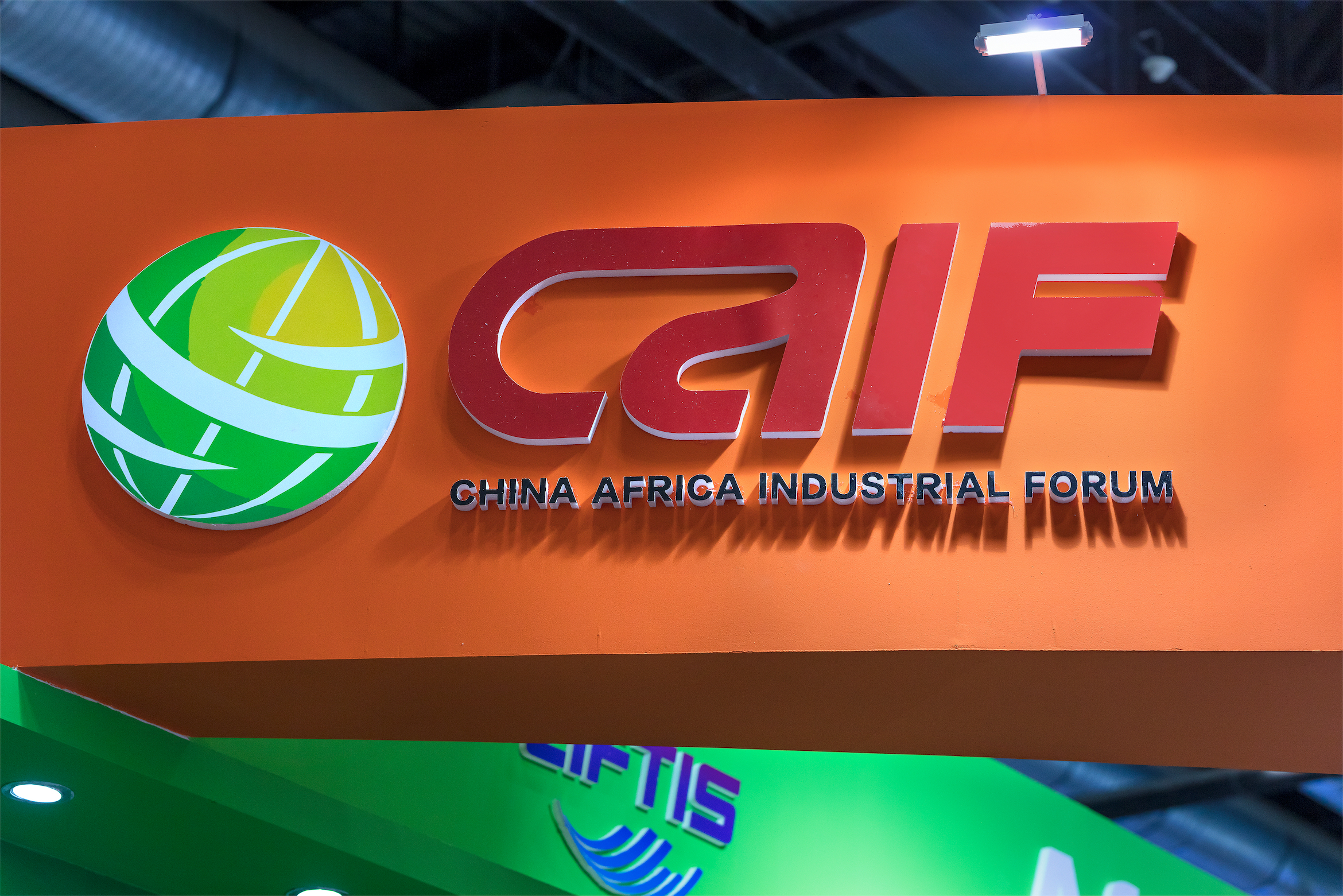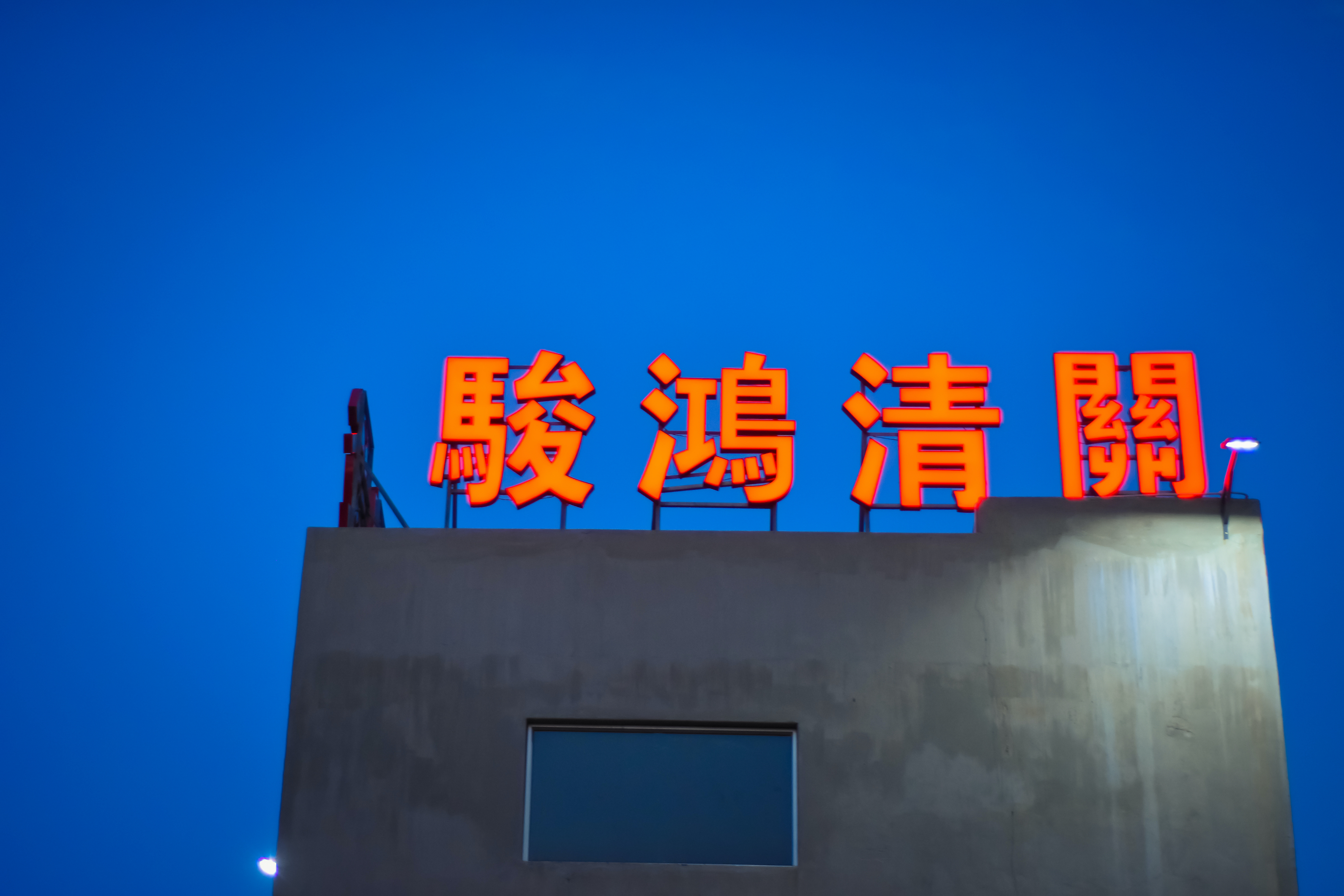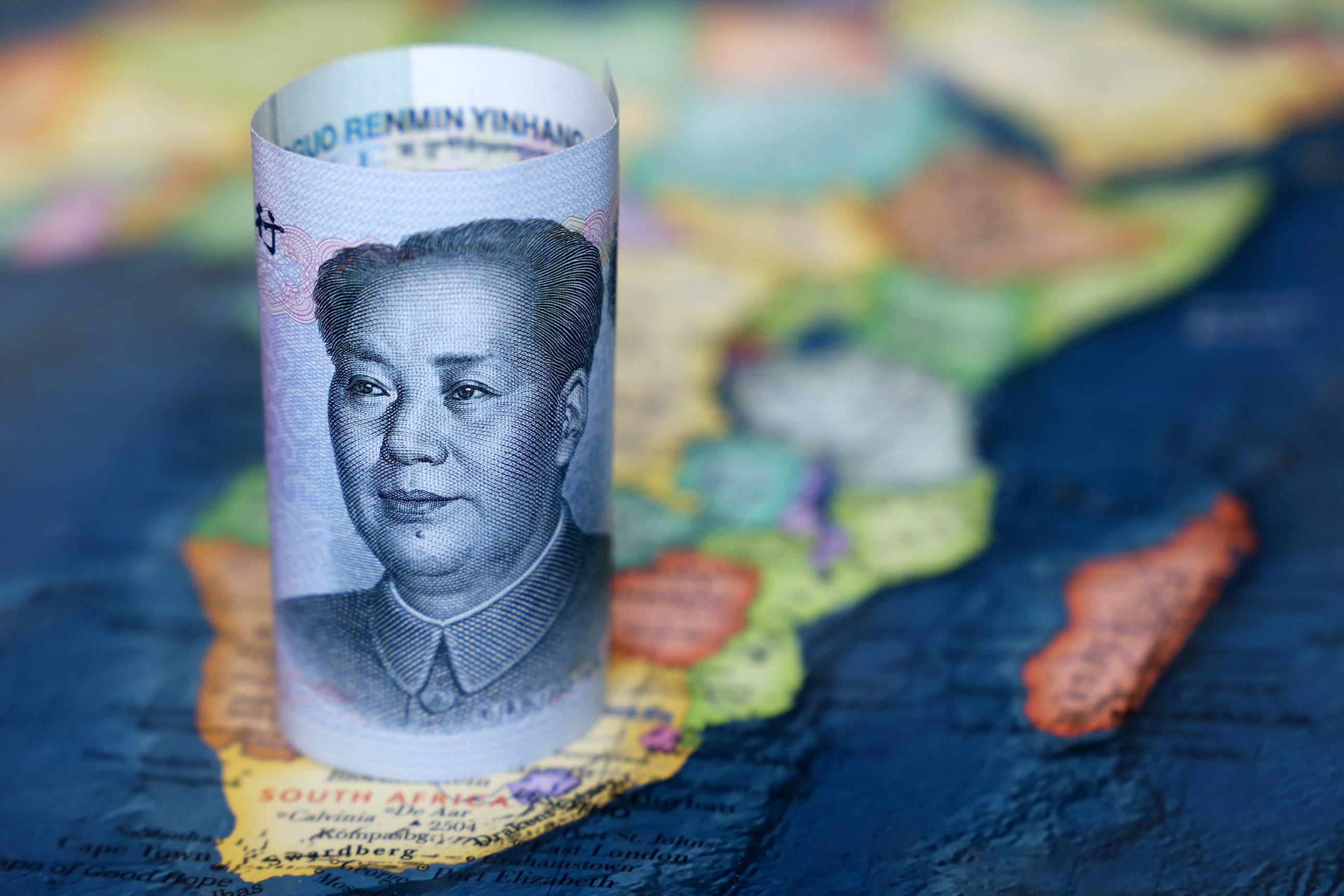A lot of experts doubt the value of the scramble analogy. The “scramble for Africa” is the name that was given to the late 19th century takeover of the African continent by European powers. At the time, only a few parts of Africa, namely Liberia in West Africa and Ethiopia in the Horn of Africa, weren’t conquered by Western powers. The “new scramble for Africa” is taken to mean the enormous increase in outside interest for Africa over the last 15 to 20 years.
At the nadir of the late 1990s, Africa elicited very little outside interest. In fact, Africa was mostly perceived through the prism of crisis and economic decline. From the start of the 21st century onwards, not only were the traditional partners of Africa returning to Africa with interest, meaning mostly the Western powers, but crucially, there was an unprecedented level of interest from non-Western powers. This included rising powers like India, Brazil, Malaysia, Russia and Turkey, but especially China. China went from being a residual commercial partner of Africa in the late 1990s to becoming the largest partner of Africa from about 2006 onwards. Holding on to that title ever since, it has really become the overwhelming trade partner for the African continent.


